CO2 storage testbed: working with the industrial clusters
Carbon capture, usage and storage will play a significant role in the UK achieving national emissions reduction targets
28/05/2021 By BGS Press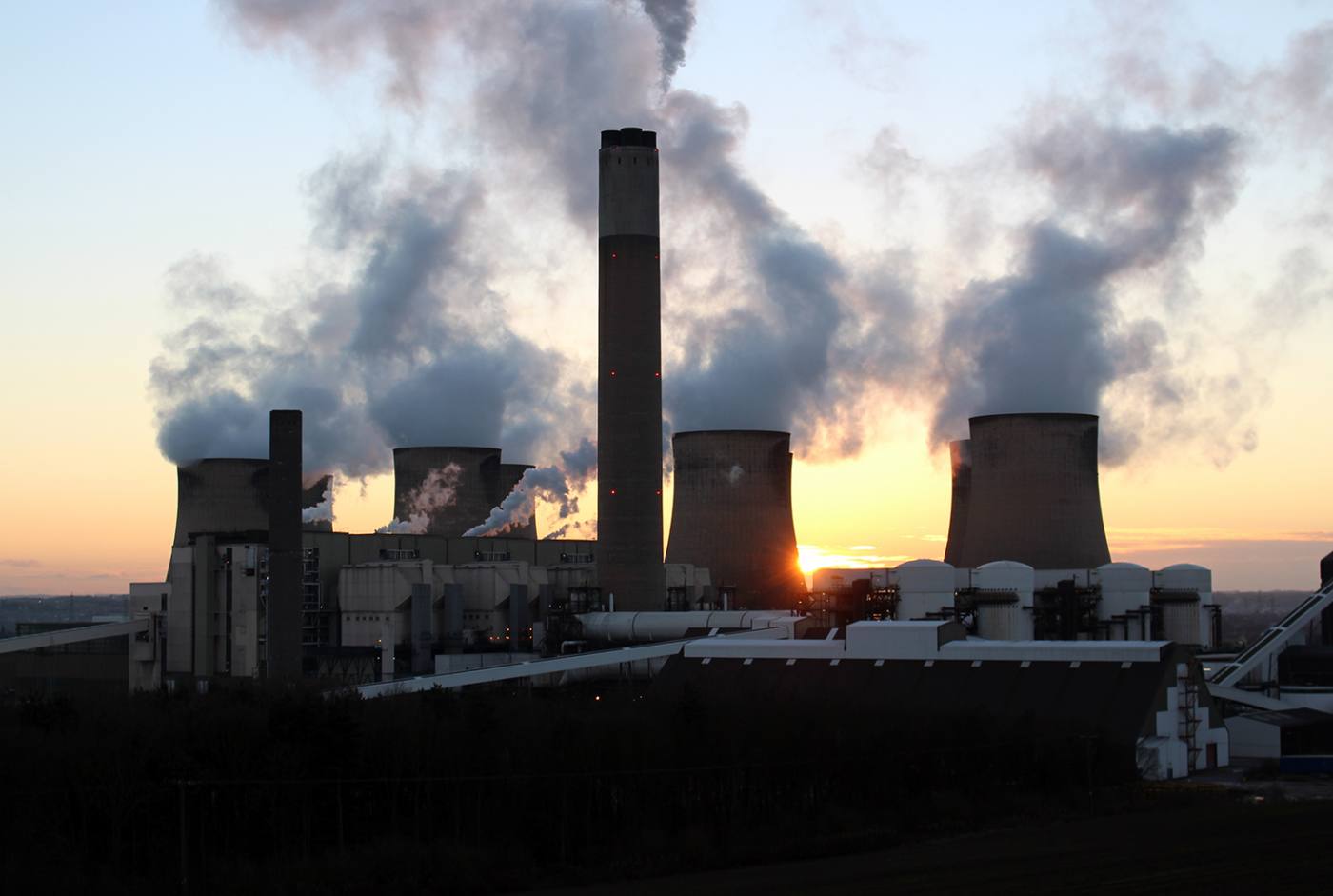
International consensus is that carbon capture, usage and storage (CCUS) will be an essential tool in effectively tackling climate change to meet the ambitions of the Paris Agreement (2015). The UK’s Climate Change Committee recommends that CCUS should play a significant role in the UK achieving national emissions reduction targets.
CCUS can contribute to a low-carbon future through decarbonisation of industrial processes, enabling wider hydrogen use and offering a route for negative-emission technologies. To achieve these ambitions, the UK must unlock the potential of the subsurface, since the geological storage of carbon dioxide (CO2) will be central to reaching net zero greenhouse gas emissions in the UK. One option to accelerate cost-effective CO2 storage is a dedicated UK CO2 storage testbed supporting research and innovation.
In 2020, the Natural Environmental Research Council (NERC) commissioned the British Geological Survey (BGS) to deliver a scoping study to develop UK investment options in a globally unique subsurface CO2 storage research laboratory. The objective is to create a world-leading research facility. It will attract both international and UK researchers and innovators to collaborate and conduct innovative, cutting-edge research around subsurface gas storage, answering related science questions. The long-term plan for phased research and innovation programmes will benefit many stakeholders, including academia and industry.
As part of the scoping study, in early 2021, BGS completed the first phases of consultation, which included interviews with key stakeholders in the international CCUS landscape and a wider written consultation. This consultation will inform the development of the strategic science case for a larger investment.
Key issues highlighted during the stakeholder consultation process were the interaction with the UK industrial projects (supported by the UKRI industrial decarbonisation challenge fund) and obtaining a reliable supply of CO2. As the testbed scoping progresses, continued engagement with all the successful clusters will be critical to the UK achieving net zero. The CO2 storage testbed scoping study looks forward to engaging and working with all UK clusters.
Relative topics
Related news

Goldilocks zones: ‘geological super regions’ set to drive annual £40 billion investment in jobs and economic growth
10/06/2025
Eight UK regions identified as ‘just right’ in terms of geological conditions to drive the country’s net zero energy ambitions.

New interactive map viewer reveals growing capacity and rare earth element content of UK wind farms
16/05/2025
BGS’s new tool highlights the development of wind energy installations over time, along with their magnet and rare earth content.
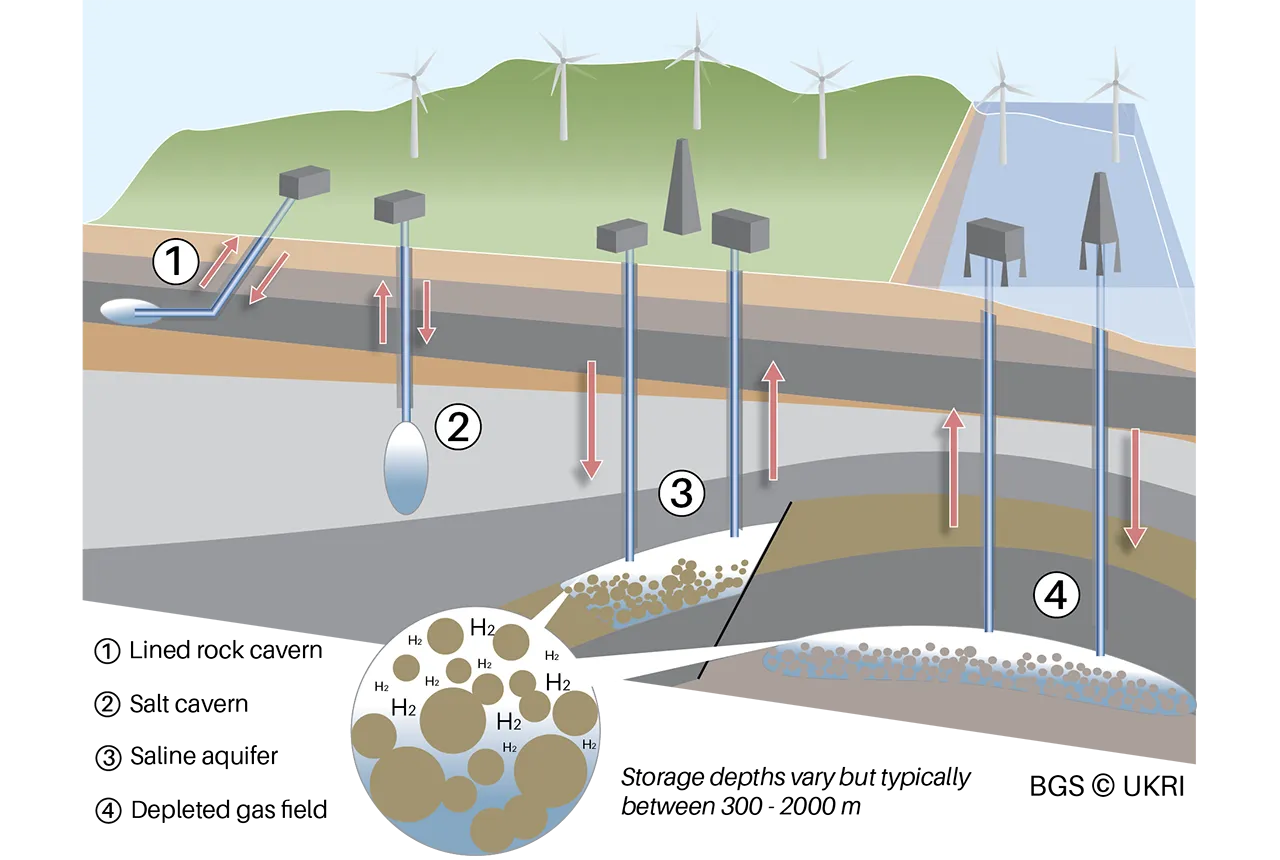
Making the case for underground hydrogen storage in the UK
03/04/2025
A new BGS science briefing note focuses on the potential of hydrogen storage to support the UK energy transition.
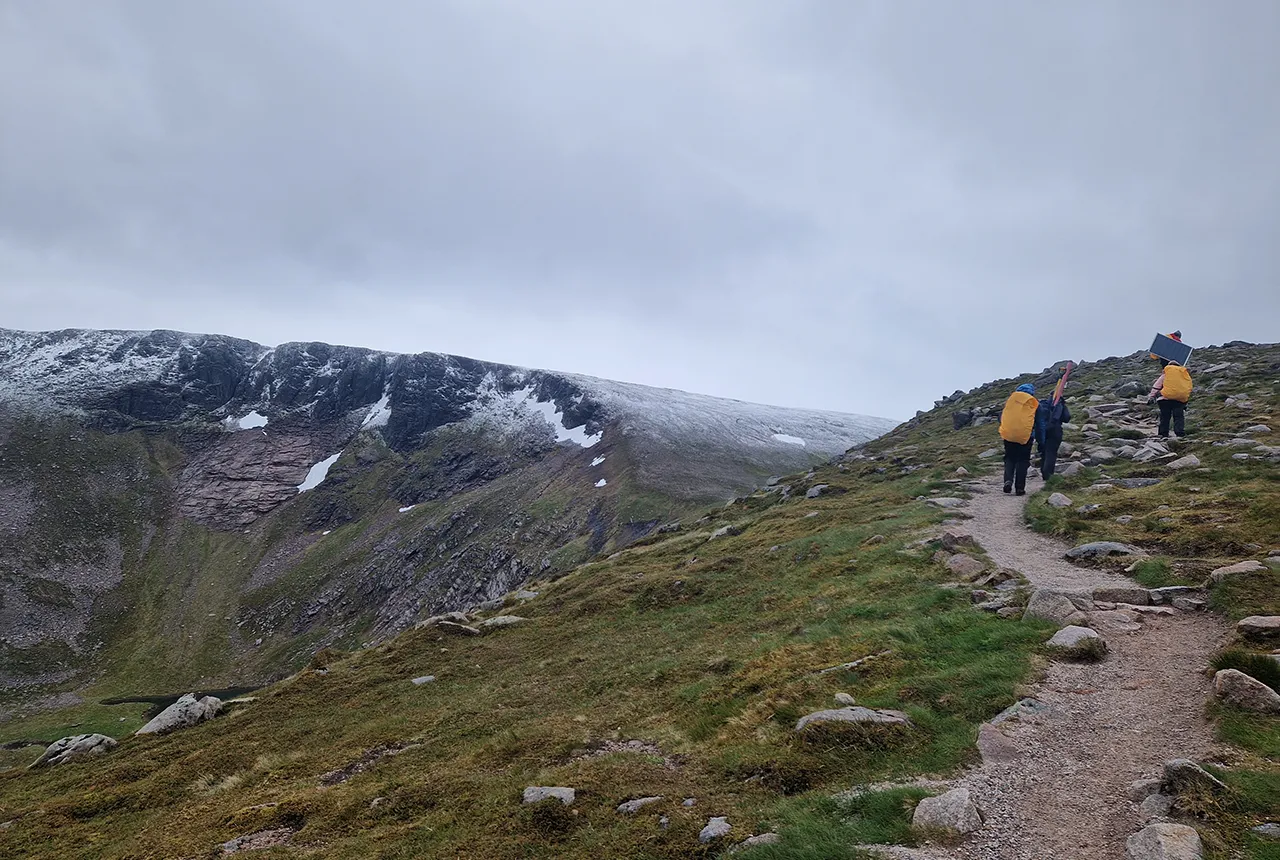
Exploring Scotland’s hidden energy potential with geology and geophysics: fieldwork in the Cairngorms
31/03/2025
BUFI student Innes Campbell discusses his research on Scotland’s radiothermal granites and how a fieldtrip with BGS helped further explore the subject.
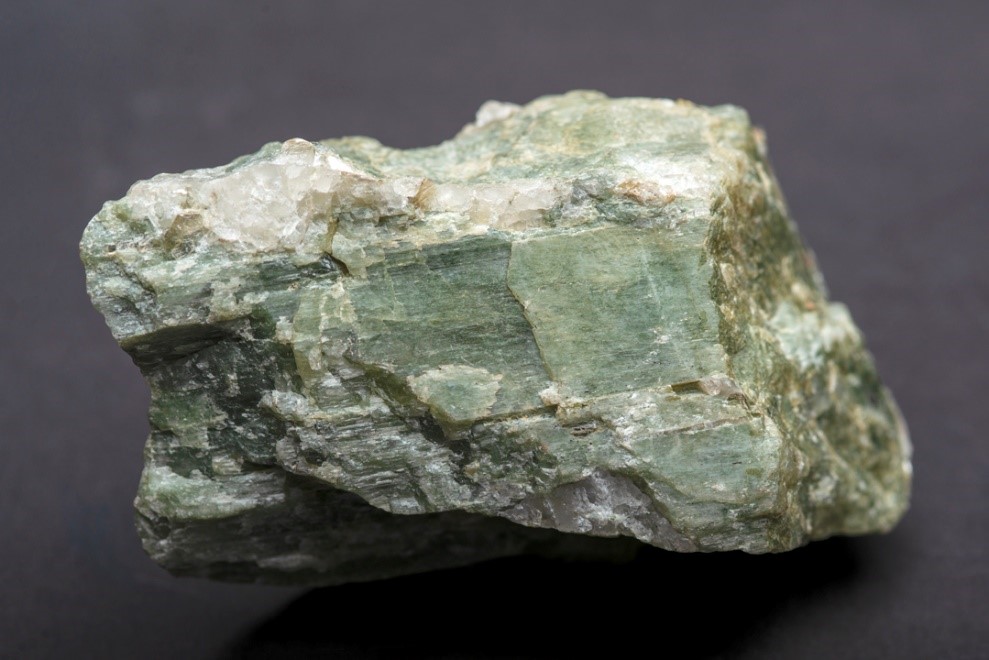
Future projections for mineral demand highlight vulnerabilities in UK supply chain
13/03/2025
New Government-commissioned studies reveal that the UK may require as much as 40 per cent of the global lithium supply to meet anticipated demand by 2030.

Could underground disposal of carbon dioxide help to reduce India’s emissions?
28/01/2025
BGS geologists have partnered with research institutes in India to explore the potential for carbon capture and storage, with an emphasis on storage.
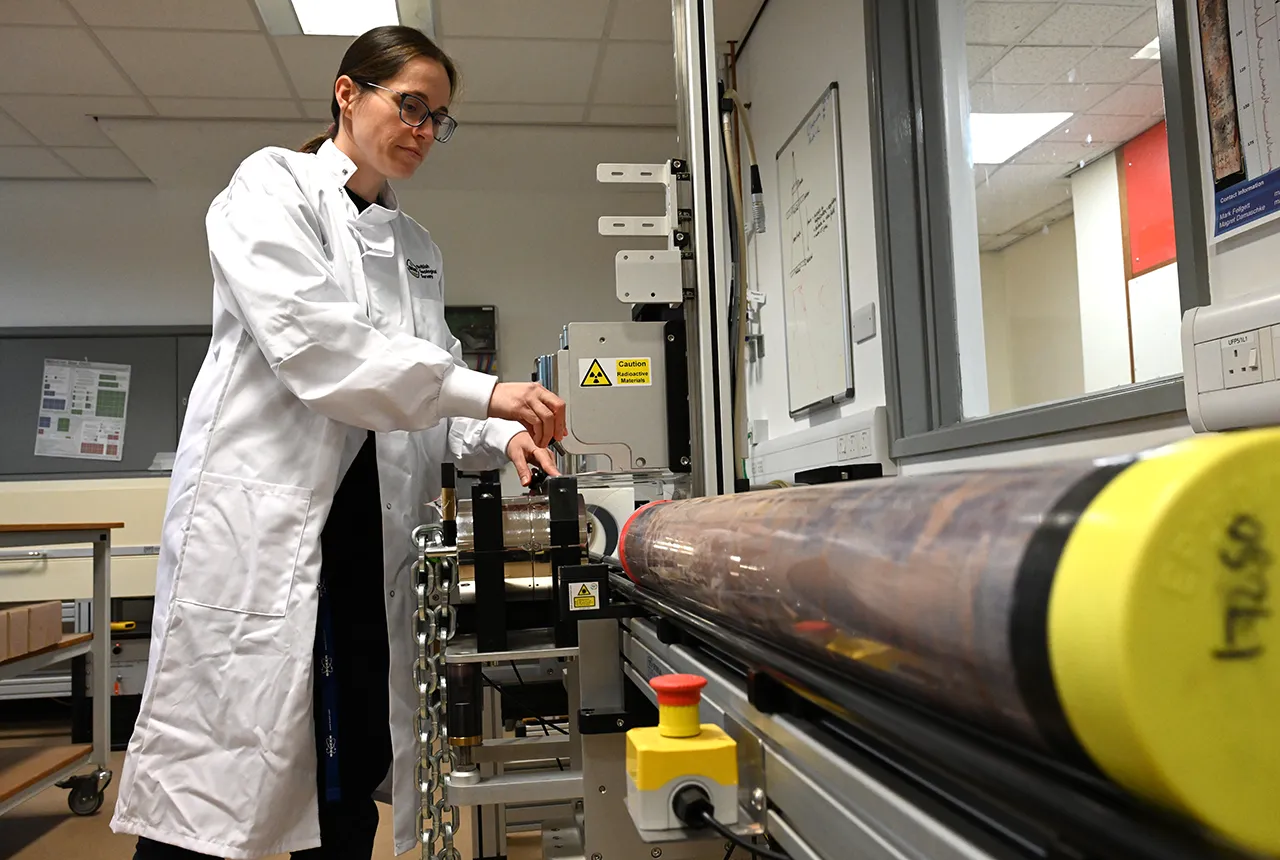
Prehistoric power: 250-million-year-old rocks could contain secrets to net zero future
05/12/2024
BGS has completed a comprehensive scan of Mercia Mudstone rocks that could hold geological secrets of the UK’s past and provide a boost for net zero.
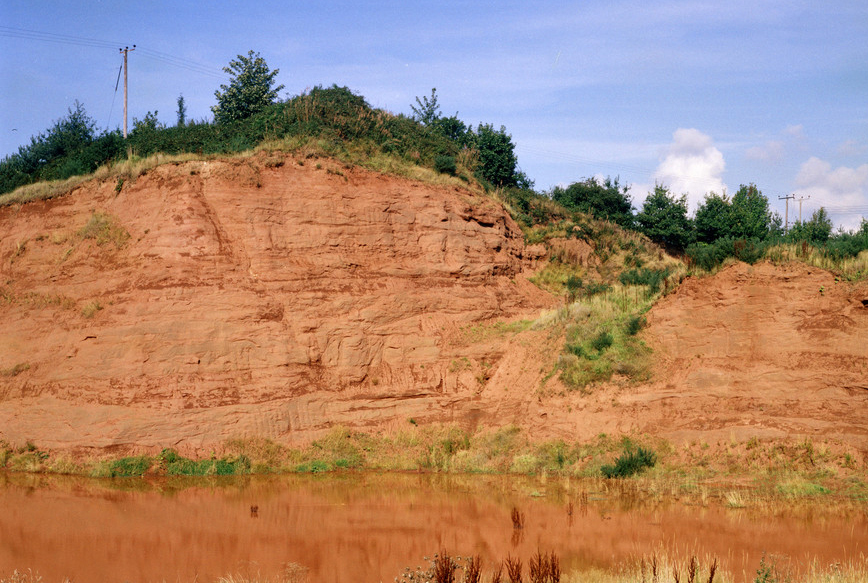
Next stage of funding awarded for project on hydrogen storage potential in the East Midlands
17/10/2024
BGS will conduct essential studies on hydrogen behaviour in the subsurface to predict, measure and monitor underground hydrogen storage.
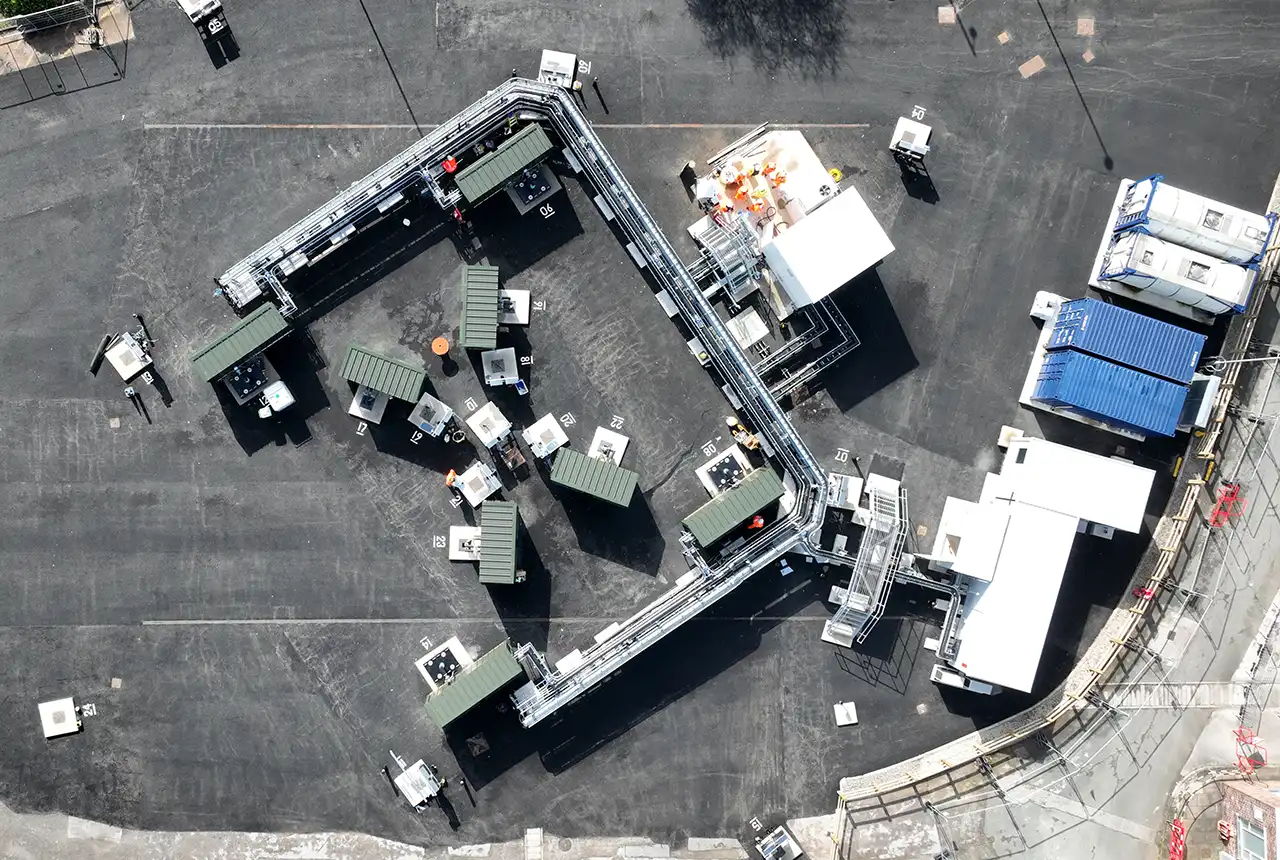
World-class facility creates new opportunities for geothermal energy in Cheshire
10/10/2024
The £8.3 million underground observatory will enhance the UK’s knowledge on the clean energy required to decarbonise heating.
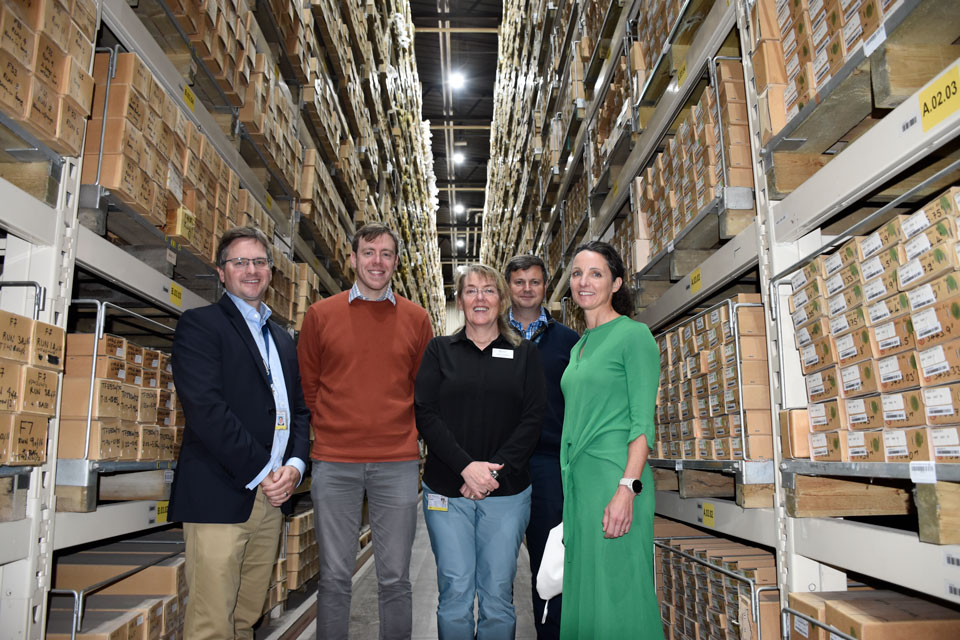
Local MP checks in on development of new geothermal ‘living laboratory’ in Nottinghamshire
19/09/2024
BGS has reached the halfway mark on its ambitious ground-source heat pump project at its headquarters in Keyworth, Nottinghamshire.
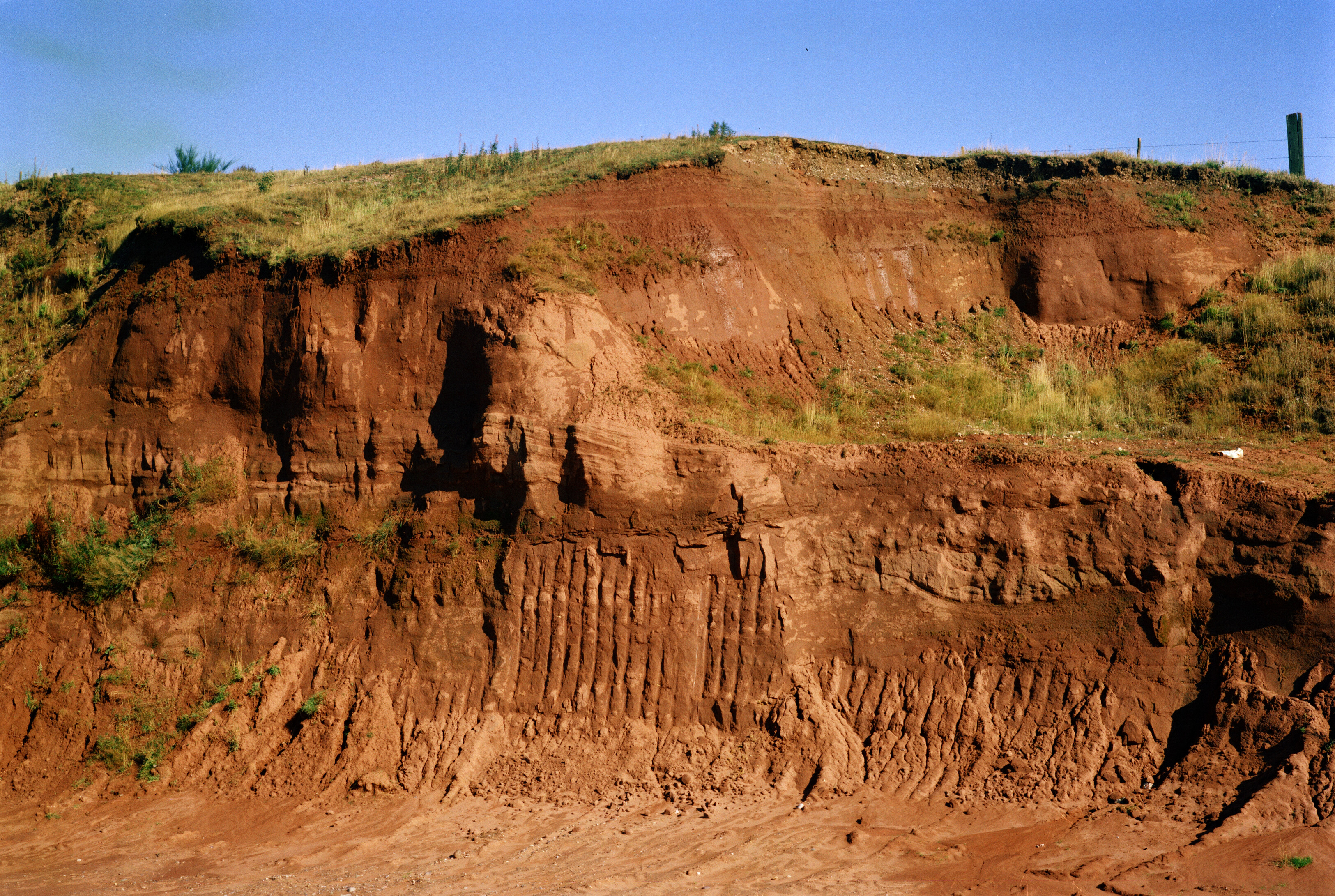
Funding awarded for study on hydrogen storage potential in the East Midlands
19/08/2024
A new study has been awarded funding to explore the underground hydrogen storage potential in the East Midlands.
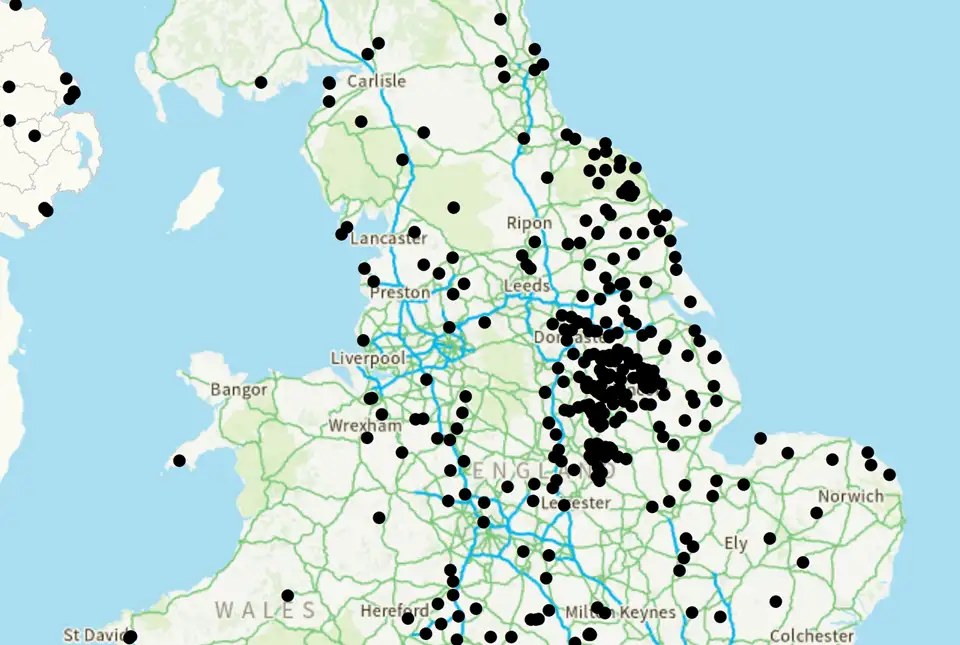
UK legacy geothermal catalogue released in digital format for the first time
18/04/2024
BGS has released the first digital version of the UK legacy geothermal catalogue of subsurface temperature measurements, rock thermal conductivity measurements and heat flow calculations.


